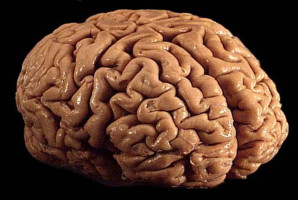
This new article publication from Acta Pharmaceutica Sinica B, discusses preclinical and early clinical studies of a novel compound SYHA1813 that efficiently crosses the blood–brain barrier and exhibits potent activity against glioblastoma.
Glioblastoma (GBM) is the most common and aggressive malignant brain tumour in adults and is poorly controlled. Previous studies have shown that both macrophages and angiogenesis play significant roles in GBM progression, and co-targeting of CSF1R and VEGFR is likely to be an effective strategy for GBM treatment.
Therefore, this study developed a novel and selective inhibitor of CSF1R and VEGFR, SYHA1813, possessing potent antitumour activity against GBM. SYHA1813 inhibited VEGFR and CSF1R kinase activities with high potency and selectivity and thus blocked the cell viability of HUVECs and macrophages and exhibited anti-angiogenetic effects both in vitro and in vivo. SYHA1813 also displayed potent in vivo antitumor activity against GBM in immune-competent and immune-deficient mouse models, including temozolomide (TMZ) insensitive tumours.
Notably, SYHA1813 could penetrate the blood–brain barrier (BBB) and prolong the survival time of mice bearing intracranial GBM xenografts. Moreover, SYHA1813 treatment resulted in a synergistic antitumor efficacy in combination with the PD-1 antibody. As a clinical proof of concept, SYHA1813 achieved confirmed responses in patients with recurrent GBM in an ongoing first-in-human phase I trial.
Source: Compuscript Ltd
The World Cancer Declaration recognises that to make major reductions in premature deaths, innovative education and training opportunities for healthcare workers in all disciplines of cancer control need to improve significantly.
ecancer plays a critical part in improving access to education for medical professionals.
Every day we help doctors, nurses, patients and their advocates to further their knowledge and improve the quality of care. Please make a donation to support our ongoing work.
Thank you for your support.